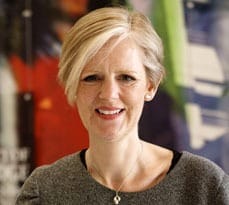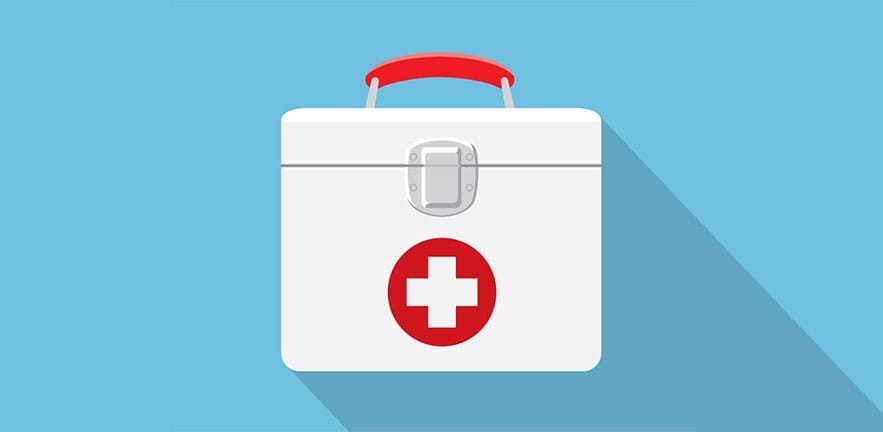Healthcare systems around the world face common challenges when it comes to managing the operational complexities of large scale care organisation. When you factor in global trends such as increasing populations and diminishing funds, the challenges become even more acute.
The Nigerian healthcare system has felt the full pressure of these challenges and has subsequently found itself in crisis mode for many years. Nigeria is the most populated country in Africa with over 186 million inhabitants, its key health indicators such as maternal and infant mortality rates are worse than sub-Saharan Africa and malaria continues to burden the country, with over 60 per cent of outpatient appointments related to the disease.
60 percent of the Nigerian healthcare system is provided by the private sector including private providers in the form of healthcare facilities and medicine vendors.
Until recently primary healthcare has been highly fragmented because the various tiers of national and local government have had overlapping responsibilities. The ‘Primary Healthcare under One Roof’ policy was enacted to resolve this by placing the responsibility for primary healthcare under the authority of one governing body at the national level, with support at state level.
Cambridge Judge Business School (CJBS) has been working with the Healthcare Leadership Academy on the Leadership and Organisational Development component of the wider Healthcare Executives Leadership Programme (HELP) for the past three years.
The objective of the CJBS-led module is to help the leaders of healthcare organisations meet the needs of their patients more effectively and with greater efficiency. Despite the many challenges faced by the sector, healthcare involves many of the same management activities as other sectors, such as strategy, operations, and the management of innovation and change.
The programme that CJBS has delivered in Nigeria draws on the proven business management concepts and applies them to their unique healthcare context.
Dr Hala Daggash, Executive Director of the Healthcare Leadership Academy, comments on the current challenges in Nigerian healthcare leadership:
“There is growing recognition across a range of healthcare professionals that a purely inputs-driven health system relying heavily on financial and human resources is no longer the magic bullet. With new realities brought about by Nigeria’s economic recession and ensuing health budget cuts, it is even more vital than ever to train healthcare leaders in efficient management of without compromising the quality of care. We are faced with the reality of needing to do more with less.”
Dr Hala Daggash goes on to comment on the future of healthcare leadership:
“It has become clear that developing the next generation of healthcare leaders both in Nigeria and globally, will require a radical shift from the current traditional system that places too much emphasis on clinical experience and expertise. We need leaders who excel in governance and the provision of services.”
The Leadership and Organisational Development module focuses on four key areas of management; strategy, operations, innovation and change. The programme works with the participating leaders to improve their personal and organisational capabilities to improve the healthcare provision in Nigeria. The programme offers the participants the space and opportunity to bring their challenges out in to the open. It encourages reflection and knowledge sharing and provides strategic support as participants work towards setting a clearer vision for their organisations.
Now in its third year, the programme has had an immediate impact on participants, many of whom are responsible for the running of hospitals in both the public and private sector.
Participants on the 2017 programme had the following to say about their experience:
“The programme has enabled me to have a clear understanding of what my vision, mission and values really are. It has also given me the tools to manage my team more effectively and lead with greater confidence.”
“The programme offers practical and applicable content which is applied directly to the unique context of leadership and organisational development in a Nigerian healthcare environment.”
“I’ve learnt that I can achieve a lot even with few resources and limited staff. I need to innovate, carrying my team along with me whilst encouraging them to innovate too. The tools I have learnt on this programme have allowed me to introduce and support a new culture to my organisation.”

Dr Jane Davies, Academic Director for HELP and Director of the Cambridge MBA, said:
“I have been delighted with the very tangible and practical results that the programme has achieved over the last three years.
“It has been a privilege for me to work with the Medical Directors and visit many of their hospitals to hear about the experiences from the local staff and patients. I have been able to draw on this knowledge to give participants an understanding of the challenges of managing for service excellence in the real-world context of their day-to-day experience as leaders of Nigerian hospitals.”


